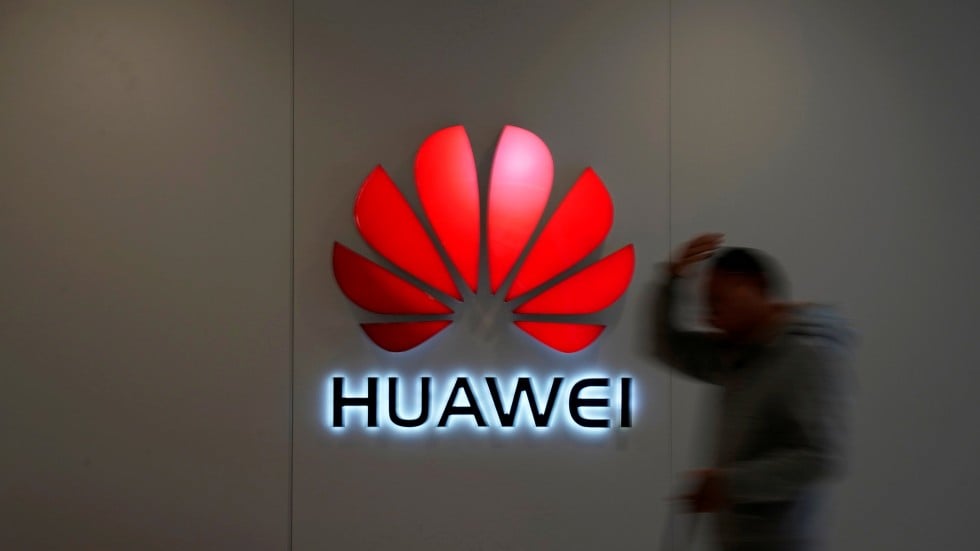- The Danish expulsions came about as a result of a ‘routine check’ at Huawei’s offices
- Norway’s intelligence service said it was attentive to the close connections between Huawei and the Chinese government

Denmark has ordered the expulsion of two employees of Chinese telecoms giant Huawei Technologies because their residence and work permits were not in order, Copenhagen police said Monday.
“On Thursday, the Copenhagen police carried out a routine check of the residence and work permits,” at Huawei’s offices, a Copenhagen police source said.
“In two cases, the people did not have the proper paperwork.”
The pair, who were not identified, were ordered to leave the country, the source said.
The move came on the same day that neighbouring Norway’s intelligence service issued a warning about Huawei, whose ties to Beijing have sparked security concerns.
“One has to be attentive about Huawei as an actor and about the close connections between a commercial actor like Huawei and the Chinese regime,” the head of Norway’s domestic intelligence unit PST, Benedicte Bjornland, said as she presented a national risk assessment report for 2019.
“An actor like Huawei is subject to influence from its home country as long as China has an intelligence law that requires private individuals, entities and companies to cooperate with China,” she said.
In Norway, the main telecoms operators Telenor and Telia – which chose Huawei to supply their 4G networks – are gearing up for the roll-out of 5G.
Several countries including the United States have banned Huawei 5G telecoms equipment for security reasons, on concerns its technology could be a Trojan horse for Beijing’s intrusive security apparatus, as Chinese law requires all firms to cooperate with the intelligence services.
Several countries including the United States have banned Huawei 5G telecoms equipment for security reasons, on concerns its technology could be a Trojan horse for Beijing’s intrusive security apparatus, as Chinese law requires all firms to cooperate with the intelligence services.
Norway is considering ways of limiting its exposure.
“As far as we’re concerned, it’s about setting up a regulatory framework to protect what could be considered critical infrastructure,” Norwegian Justice Minister Tor Mikkel Wara said at the same news conference.
“What this regulatory framework would look like, and what it would cover, is what we’re working on right now,” he said.
Norway is treading cautiously on the issue, after China’s angry reaction to the award of the 2010 Nobel Peace Prize to Chinese dissident Liu Xiaobo, which trigger lengthy diplomatic and trade repercussions from Beijing’s side.
Huawei, founded by former People’s Liberation Army engineer Ren Zhengfei, has become a leading supplier of the backbone equipment for mobile networks, particularly in developing markets, thanks to its cheaper prices.
Spearheading cutting-edge 5G equipment has also seen it make inroads into developed markets.
“As far as we’re concerned, it’s about setting up a regulatory framework to protect what could be considered critical infrastructure,” Norwegian Justice Minister Tor Mikkel Wara said at the same news conference.
“What this regulatory framework would look like, and what it would cover, is what we’re working on right now,” he said.
Norway is treading cautiously on the issue, after China’s angry reaction to the award of the 2010 Nobel Peace Prize to Chinese dissident Liu Xiaobo, which trigger lengthy diplomatic and trade repercussions from Beijing’s side.
Huawei, founded by former People’s Liberation Army engineer Ren Zhengfei, has become a leading supplier of the backbone equipment for mobile networks, particularly in developing markets, thanks to its cheaper prices.
Spearheading cutting-edge 5G equipment has also seen it make inroads into developed markets.
